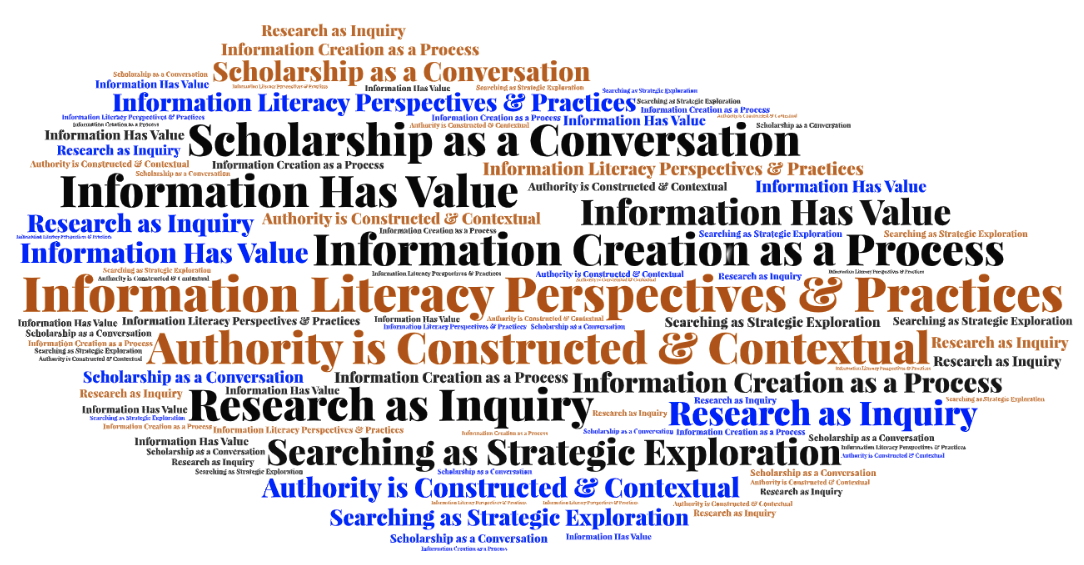Hermeneutics
Hermeneutics is Hermeneutics is derived Key Terms: Critical Thinking; Critical Analysis; Dialectic; Flow, Coherence, Unity; Given to New Order; Semiotics; Text & Intertextuality. Since antiquity, scholars interested in hermeneutics have asked fundamental questions of interpretation and understanding: Interpretation Understanding Hermeneutics as a Field The term hermeneutics may Hermeneutics as a Field of Study Initially, hermeneutics ...




